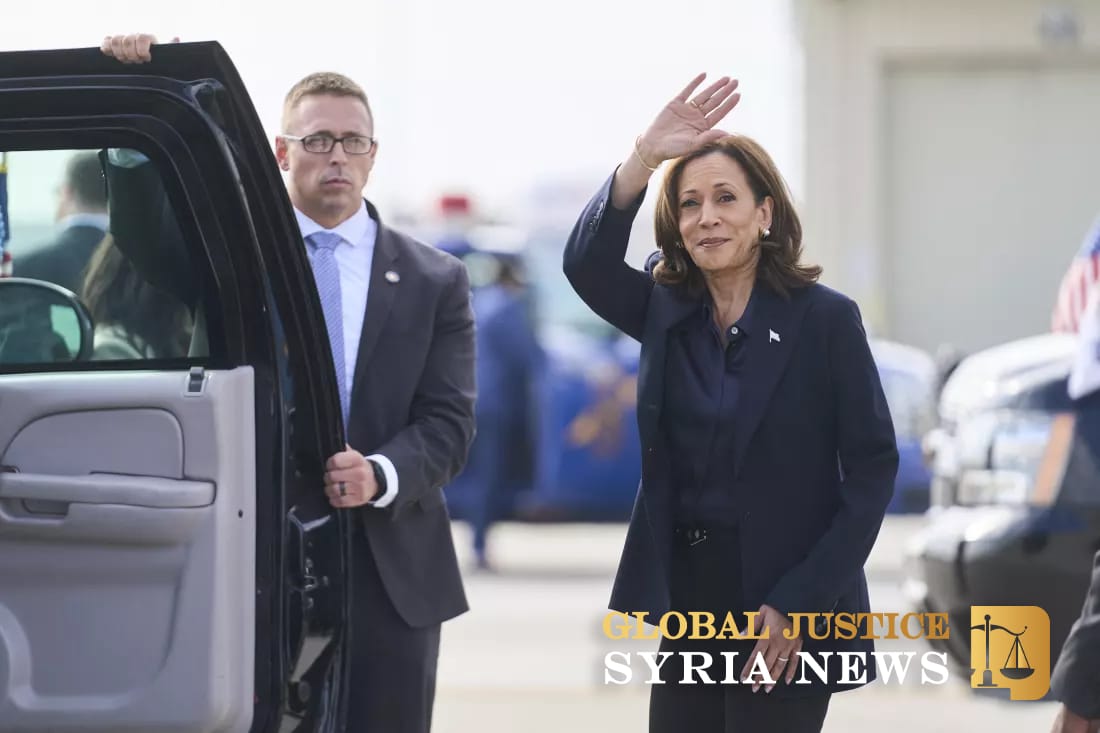In a private meeting in Flint, Michigan, Vice President Kamala Harris faced Arab American and Muslim leaders concerned about the U.S. government’s handling of the ongoing conflicts in Gaza and Lebanon. The meeting, held just before a campaign rally, highlights the growing tension between the Biden administration and key voters who once backed Democrats but are now frustrated by the administration’s support for Israel’s military actions.
Michigan, a battleground state, is home to one of the largest Arab American populations in the country. During the half-hour meeting, leaders expressed their deep disappointment with U.S. foreign policy, specifically regarding the Biden administration’s response to the escalation of violence in Gaza and Lebanon. Wa’el Alzayat, CEO of Emgage Action, a Muslim voter group that endorsed Harris, stated that they called on Harris to push for an immediate ceasefire and reset U.S. policy in the region.
Although Harris acknowledged the suffering in Gaza and Lebanon and reiterated her support for diplomacy, she did not commit to any significant policy changes, a point of frustration for some in the room. Harris’s campaign said she discussed efforts to end the conflict in Gaza in a way that secures Israel, releases hostages, and allows Palestinians to realize their rights to dignity, freedom, and self-determination. However, this response did little to alleviate the concerns of those who see the administration’s actions as enabling further violence.
Arab American voters, who have historically leaned Democratic, are now split in their support. A recent poll by the Arab American Institute found Harris and her Republican opponent, former President Donald Trump, at nearly equal levels of support among Arab Americans. This marks a stark departure from previous elections, where Arab Americans overwhelmingly backed Democrats.
James Zogby, founder of the Arab American Institute, noted the unprecedented impact the Gaza conflict is having on voter behavior. “In our 30 years of polling Arab American voters, we have not witnessed anything like the role that the war on Gaza is having on voter behavior,” Zogby said. Many Arab American leaders, including those from the “Uncommitted” movement, which opposed Biden during the Democratic primaries, have refused to endorse Harris, expressing dissatisfaction with her unwillingness to distance herself from Biden’s policies.
Despite the frustrations, Harris’s campaign is working to rebuild relationships with Arab American and Muslim voters. Earlier in the week, Harris’s running mate, Tim Walz, spoke virtually with a Muslim voter summit, promising greater inclusion of Muslim voices in a potential Harris administration. Harris’s national security adviser, Phil Gordon, also held a virtual meeting with Arab and Muslim leaders to discuss the administration’s commitment to diplomacy and a ceasefire.
The split within the Arab American and Muslim communities poses a significant challenge for Harris’s campaign, particularly in Michigan, where voters feel their concerns are being overlooked.
Trump’s campaign, though not overtly courting Arab American voters, has also gained some traction within the community. Amer Ghalib, the mayor of Hamtramck, Michigan, has endorsed Trump, while Massad Boulos, a Lebanese American connected to the Trump family, has been involved in outreach efforts.
As Harris works to secure Arab American and Muslim votes, the tension between her campaign’s messaging and the community’s concerns remains unresolved. While her outreach in Flint was a step towards addressing the frustrations over U.S. Middle East policy, it may not be enough to regain the support of voters who feel their voices are being ignored.



















